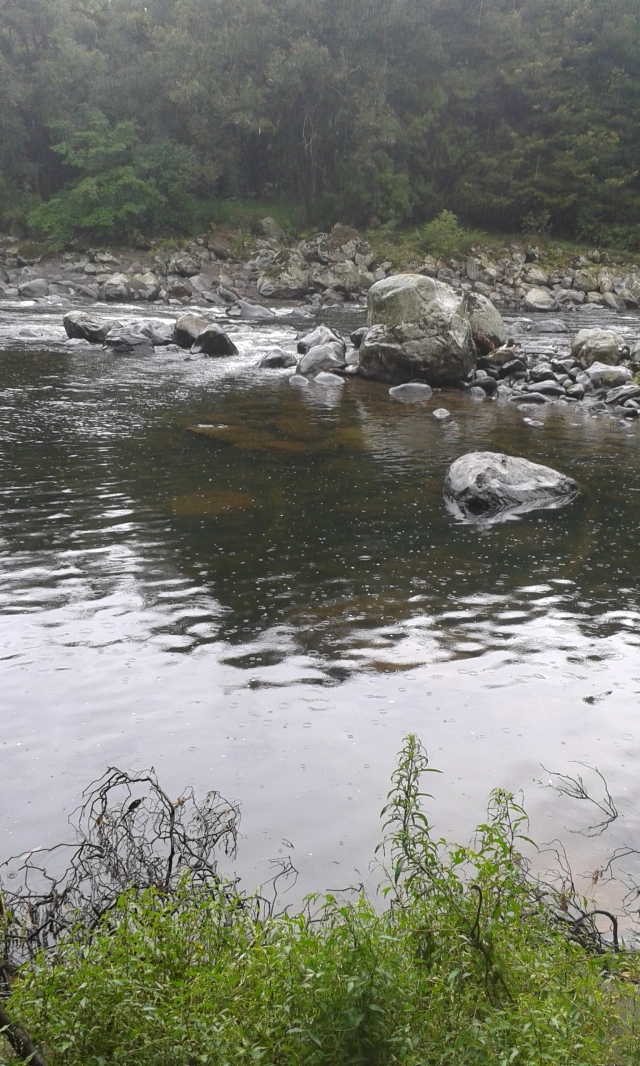
Not surprisingly, it comes from Latin. Also not surprisingly, it is related to expectation and hope and prediction. Surprisingly though, originally it referred to action, not passive waiting. I like this kind of words 🙂
I was considering today the difference between expectation (discussed on this blog in another article) and anticipation. The difference, I think, is at the above-mentioned action level. Expectations are sometimes inspirational, sometimes a pain in the neck, but they are concepts and ideas only, and as such they can hurt you more as it’s difficult to neutralize them. Anticipation, on the other hand, is very active, very specific and a lot easier to use than expectation. Let me explain by using at least two examples (what we would consider a positive and a negative one).
Stage fright is the most common example of negative anticipation. We worry ourselves sick, of course, if we are normal (people being in front of a group of others who are not their kin, that they can’t see well and who are not smiling in welcome – and we’re supposed to enjoy it? Ludicrous!). In other words, we have expectations of how we need to perform, then we anticipate us stumbling, forgetting the words etc. Those scenarios drive us to distraction, but more than that, unless we find a way to limit them (rituals, mindfulness, repetition…) they will come true.
That leads me to the positive anticipation, like that used by professional athletes and others for ages! Visualizing yourself winning the race, or even just running, has clear effects on the body and the mind. It is obvious we can use it in so many situations. And if sometimes that feels like cheating, just remember that negative visualization is cheating as well! That is, of course, a knee-jerk response. The way I prefer to say it is that we are thinking the future into existence, and we might as well make it a good one if we’re going to so much trouble 🙂
That leaves me to cover the most common type of anticipation, which is mostly both negative and positive. I refer, of course, to desire. Please feel free to read as much as you wish about it, to describe it as best you can, to try to reign it in as much as your belief urges you to. There are few things in this life that will move humans to greater action faster than desire. It can make us go through the entire gamut of emotions a human being can experience, including some that by rights should not even exist – sick with joy, anybody?
The feeling of rising out of the initial darkness, the escape from routine, the longing for meaning, all of them are encompassed. We truly do not know how strong we are until we deal with this particular type of anticipation. We also do not realize how complicated our lives are and how many obstacles humans create for themselves until we experience desire.
Now the question remains: should we give in to desire? And what about love? Where does love fit in with it?



